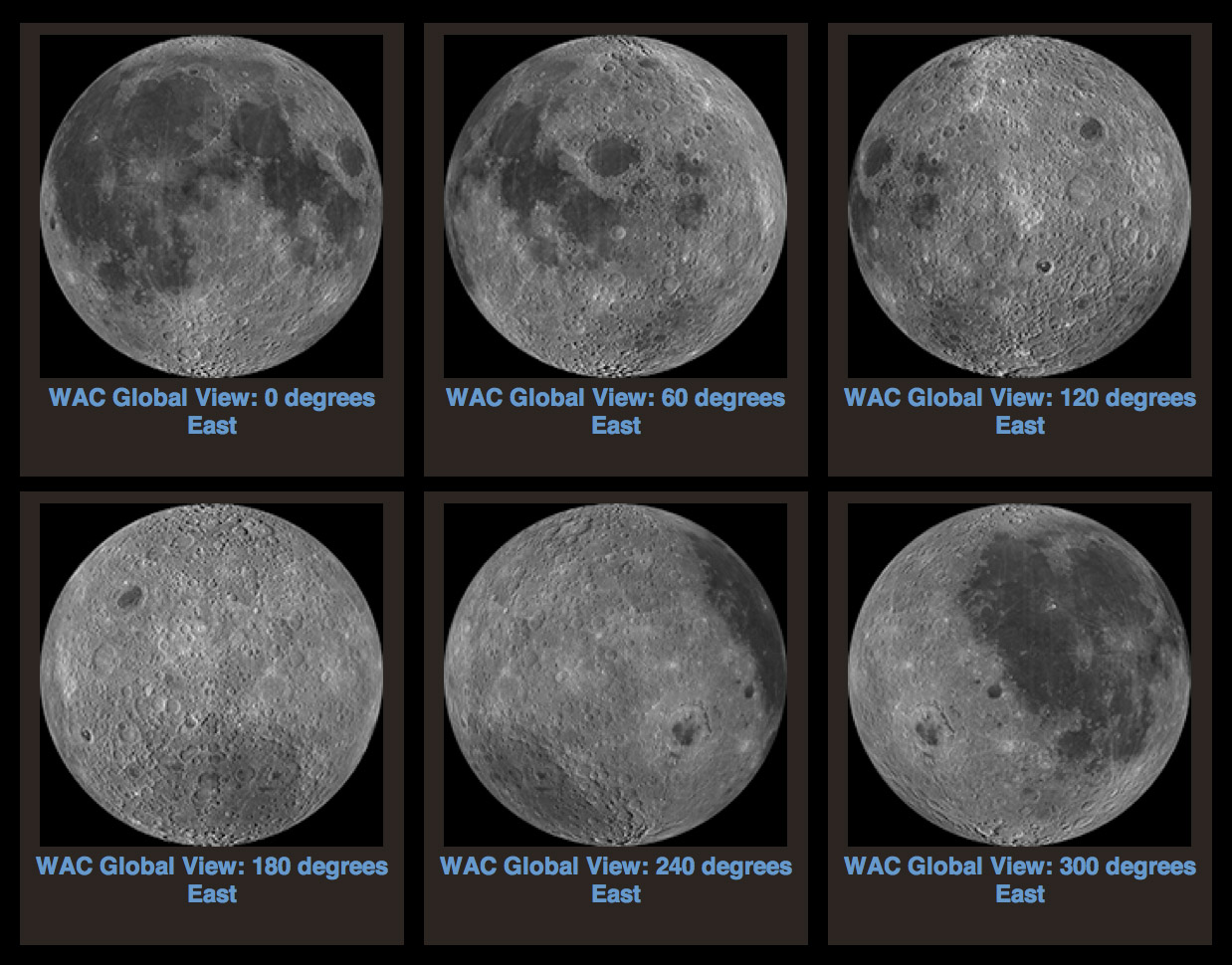Difference between revisions of "March 13, 2011"
(Created page with "__NOTOC__ =Six Views of Opportunities= <!-- ws:start:WikiTextHeadingRule:0:<h1> --> <!-- ws:start:WikiTextLocalImageRule:6:<img src="/file/view/LPOD-Mar13-11...") |
|||
| Line 4: | Line 4: | ||
<!-- ws:start:WikiTextHeadingRule:0:<h1> --> | <!-- ws:start:WikiTextHeadingRule:0:<h1> --> | ||
<!-- ws:start:WikiTextLocalImageRule:6:<img src="/file/view/LPOD-Mar13-11.jpg/209924224/LPOD-Mar13-11.jpg" alt="" title="" style="width: 1000px;" /> -->[[File:LPOD-Mar13-11.jpg|LPOD-Mar13-11.jpg]]<!-- ws:end:WikiTextLocalImageRule:6 --><br /> | <!-- ws:start:WikiTextLocalImageRule:6:<img src="/file/view/LPOD-Mar13-11.jpg/209924224/LPOD-Mar13-11.jpg" alt="" title="" style="width: 1000px;" /> -->[[File:LPOD-Mar13-11.jpg|LPOD-Mar13-11.jpg]]<!-- ws:end:WikiTextLocalImageRule:6 --><br /> | ||
| − | <em>image by [mailto:tychocrater@yahoo.com Chuck Wood]</em><br /> | + | <em>image by [http://wms.lroc.asu.edu/lroc_browse LROC Featured Image]</em><br /> |
| + | <br /> | ||
| + | Remember that magnificent LRO nearside [http://lpod.armoredpenguin.com/wiki/February+23%2C+2011 mosaic]? Here are six more. Each image is centered 60°<br /> | ||
| + | from its neighbors so that any area can now be seen away from the compression of the limb. You <br /> | ||
| + | might think that these are only five new mosaics for we have seen the nearside before. But this is <br /> | ||
| + | not the same nearside mosaic - it has opposite illumination and the Sun angle is higher, allowing <br /> | ||
| + | nearly unshadowed views of crater floors. Add the two polar mosaics and others and you will agree <br /> | ||
| + | that the Moon has never before been so thoroughly imaged. So what can be done with this bonanza? <br /> | ||
| + | One thing is to recognize that there are more pieces of the Moon to look at closely than there are <br /> | ||
| + | professional eyeballs. This means that folks not paid to study the Moon - such as most LPODites -<br /> | ||
| + | can help find interesting features. Examples include floor-fractured craters, secondary crater chains, <br /> | ||
| + | rilles, concentric craters and bright ray craters. These can be looked for on any of the mosaics - even<br /> | ||
| + | the nearside where cataloging of such features is incomplete and inaccurate. The additional global<br /> | ||
| + | mosaic - [http://wms.lroc.asu.edu/lroc#damoon LROC WMS Image Map] - can be used to accurately measure the latitudes and longitudes <br /> | ||
| + | of the centers of round structures and the end points of rilles and crater chains. I noticed that a number <br /> | ||
| + | of presentations at the Lunar and Planetary Science Conference used images from LPOD and data from <br /> | ||
| + | our special features lists on the [http://the-moon.wikispaces.com/Introduction Moon Wiki]. That demonstrates the value of these contributions and now <br /> | ||
| + | we can do the entire Moon and with accurate coordinates. If you ever lamented that there was little use-<br /> | ||
| + | ful that amateurs could do to improve our knowledge of the Moon, that is no longer true.<br /> | ||
| + | <br /> | ||
| + | <em>[mailto:tychocrater@yahoo.com Chuck Wood]</em><br /> | ||
<br /> | <br /> | ||
<hr /> | <hr /> | ||
Revision as of 21:39, 1 January 2015
Six Views of Opportunities
image by LROC Featured Image
Remember that magnificent LRO nearside mosaic? Here are six more. Each image is centered 60°
from its neighbors so that any area can now be seen away from the compression of the limb. You
might think that these are only five new mosaics for we have seen the nearside before. But this is
not the same nearside mosaic - it has opposite illumination and the Sun angle is higher, allowing
nearly unshadowed views of crater floors. Add the two polar mosaics and others and you will agree
that the Moon has never before been so thoroughly imaged. So what can be done with this bonanza?
One thing is to recognize that there are more pieces of the Moon to look at closely than there are
professional eyeballs. This means that folks not paid to study the Moon - such as most LPODites -
can help find interesting features. Examples include floor-fractured craters, secondary crater chains,
rilles, concentric craters and bright ray craters. These can be looked for on any of the mosaics - even
the nearside where cataloging of such features is incomplete and inaccurate. The additional global
mosaic - LROC WMS Image Map - can be used to accurately measure the latitudes and longitudes
of the centers of round structures and the end points of rilles and crater chains. I noticed that a number
of presentations at the Lunar and Planetary Science Conference used images from LPOD and data from
our special features lists on the Moon Wiki. That demonstrates the value of these contributions and now
we can do the entire Moon and with accurate coordinates. If you ever lamented that there was little use-
ful that amateurs could do to improve our knowledge of the Moon, that is no longer true.
Chuck Wood
COMMENTS?
Click on this icon File:PostIcon.jpg at the upper right to post a comment.




